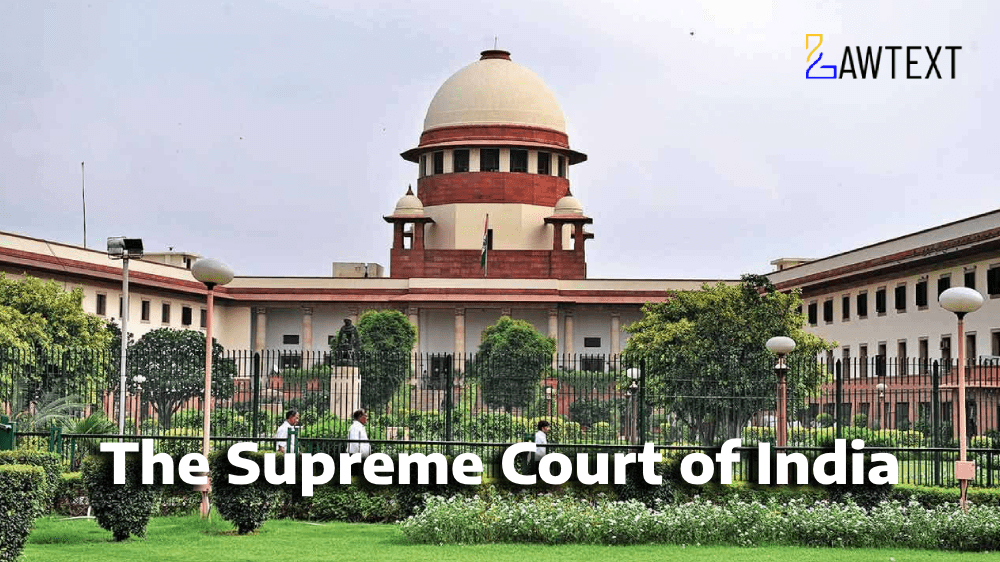

Unlawful Assembly Requires Participation – Mere presence in a riot-affected area does not automatically make a person part of the unlawful assembly unless an overt act or common object is established. Burden of Proof on Prosecution – In criminal cases, prosecution must establish guilt beyond reasonable doubt; mere inference is not sufficient. Appellate Interference in Acquittal – High Court should not overturn acquittals unless findings of the Trial Court are perverse or contrary to evidence.
Supreme Court held that mere presence at the scene of crime does not establish participation in unlawful assembly. High Court erred in reversing the acquittal without any direct evidence of involvement in rioting. No specific role was ascribed to the appellants, nor was there any evidence of incitement or carrying weapons. The Trial Court’s acquittal order was restored, and the High Court’s conviction was set aside.
Appeals allowed. High Court’s conviction set aside. Trial Court’s acquittal order restored. If the appellants were on bail, they need not surrender; their bail bonds were discharged.
Constitution of India (COI) – Article 136 (Special Leave to Appeal)
Code of Criminal Procedure (CrPC), 1973 – Section 378 (Appeal in Case of Acquittal)
Indian Penal Code (IPC), 1860 – Sections 143 (Unlawful Assembly), 147 (Rioting), 153(A) (Promoting Enmity), 295 (Destruction of Religious Places), 332 (Voluntarily Causing Hurt to Deter Public Servant), 436 (Mischief by Fire)
Unlawful Assembly, Mere Presence, Acquittal Upheld, Rioting Case, No Specific Role, High Court Error, Inference of Guilt, Benefit of Doubt
Criminal appeals against the judgment of the High Court of Gujarat that partially reversed the Trial Court’s acquittal order in a case involving rioting and destruction of property.
The appellants (accused persons) approached the Supreme Court challenging their conviction by the High Court, arguing that their mere presence at the scene of the crime was insufficient to hold them guilty under IPC Sections 143, 147, 153(A), 295, 332, and 436.
The High Court reversed the acquittal of six out of nineteen accused persons based on their presence at the crime scene, despite the lack of specific evidence attributing an overt act to them.
Trial Court (Sessions Court, 2005): Acquitted all 19 accused, citing lack of specific evidence.
High Court (Gujarat, 2016): Partially reversed the acquittal, convicting six accused based on their presence at the crime scene.
Whether mere presence at the scene of the crime, without any overt act, is sufficient to establish participation in an unlawful assembly.
Whether the High Court was justified in reversing the acquittal in the absence of specific allegations.
(a) Arguments by the Appellants:
Presence in the village during the riots was natural; no direct evidence of participation in unlawful assembly.
No curfew was imposed at the time; movement of villagers was unrestricted.
No arms, inflammable substances, or instruments of destruction were recovered from them.
High Court erroneously relied on their presence alone to convict them.
(b) Arguments by the State:
In cases of rioting, it is difficult to pinpoint specific acts of each accused.
Presence at the crime scene, in a large mob, was sufficient to establish their role in unlawful assembly.
No satisfactory explanation was given by the accused for their presence at the spot.
Citation: 2025 LawText (SC) (3) 210
Case Number: CRIMINAL APPEAL No.816 OF 2016 WITH CRL.A. NO.817 OF 2016
Date of Decision: 2025-03-21
Case Title: DHIRUBHAI BHAILALBHAI CHAUHAN & ANR. VERSUS STATE OF GUJARAT & ORS.
Before Judge: (Pamidighantam Sri Narasimha J. , Manoj Misra J.)
Appellant: DHIRUBHAI BHAILALBHAI CHAUHAN & ANR.
Respondent: STATE OF GUJARAT & ORS.